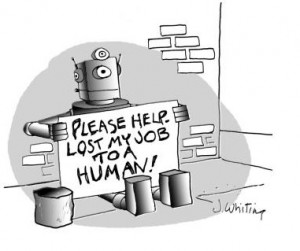Thailand is seeking more opportunities to collaborate with China, especially in the areas of rail transport, agricultural products and tourism, after months of political turmoil.
Phaichit Viboontanasarn, commercial minister at the Thai embassy in Beijing, said that plans for a high-speed rail line linking Chiangmai and Bangkok have been modified by the new Thai government, led by former army head Prayuth Chan-ocha. The railway will instead be a conventional line connecting Nong Khai in northeast Thailand with the capital. Phaichit said the country will gradually improve its national railway network and work closely with Chinese companies that have mature technology at prices lower than those of many international competitors.
Many parts of Thailand’s rail network are still single-track lines, and the government wants to improve the basic rail system first by building double-track lines and related facilities. Thailand is a large member economy of the Association of Southeast Asian Nations, which has 600 million consumers.
“With stable economic growth driven by tourism, modern manufacturing and agricultural development, Thailand will build its own high-speed railway system when the time is ripe, which will help us further enhance trade. China surely will be a big contributor to our high-speed railway sector,” Phaichit said.
Bilateral trade surged from $26 million in 1975 to $70 billion in 2013, and this growing trade has improved the service sectors including aviation, tourism and hotels. Bangornrat Shinaprayoon, director of the Tourism Authority of Thailand’s Beijing office, said: “Thailand is doing its best to reduce the negative impact of the political chaos and has shifted the government’s top priority to economic development, especially the tourism, agricultural processing, transportation, electronics and vehicle industries.” In the first seven months of this year, 2.22 million Chinese visited Thailand.
Bangornrat said that Thailand expects 4.3 million Chinese tourists this year. “Thailand has waived visa fees for Chinese tourists from August 9 to November 8 and opened eight customs channels for Chinese visitors at airports in Thailand,” Bangornrat said.











